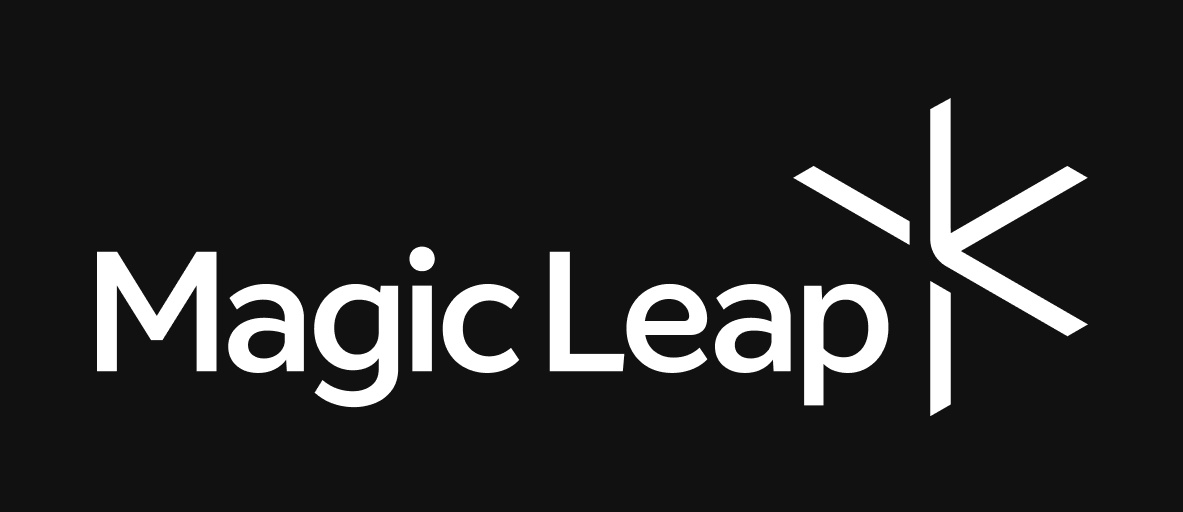This week, Magic Leap secured $590 million from Saudi Arabia’s sovereign wealth fund, which had become the company’s majority owner in late 2022.
The debt funding comes as the Plantation-based company faces new competition, with Apple’s upcoming Vision Pro headset, expected to launch next month, and The Meta Quest 3. In total, the company has raised about $4.5 billion over the years.
Magic Leap has also recently undergone changes at the top. In November, Ross Rosenberg took over as CEO of the company after Peggy Johnson stepped down from the position.
According to the company, Rosenberg has a long track record of executing “transformational growth strategies in enterprise and industrial technologies,” having worked with companies such as Bain Capital, First Solar, Danaher, and Belden.
Rony Abovitz founded Magic Leap in 2011 in his garage, and as CEO his team developed the cutting-edge technology and launched Magic Leap One before he stepped down in 2020. Then during Johnson’s tenure, the company fully shifted into the enterprise space, a long-planned strategy of the company’s, not a pivot. Magic Leap targeted various industry verticals such as healthcare, design, manufacturing, and collaboration. Under Johnson’s leadership, the company successfully launched Magic Leap 2.
Rosenberg said this is Magic Leap’s next chapter, and it is doubling down on the enterprise space, from surgeries in the healthcare space to military training and beyond. “Chapter three is about commercial adoption of that technology, which goes to customer use cases. It goes to applications. It goes to content and all the things we can help the industry coalesce around an ecosystem,” he said in a Q&A with VentureBeat. Magic Leap employs about 1,000 people, he said.
He told the publication he is not deterred by Apple’s upcoming launch, even though Apple CEO Tim Cook has said “Vision Pro is years ahead and unlike anything created before.” For enterprise customers have need that require interaction with such precision, “there’s no one else that can do what we do,” Rosenberg said. Magic Leap also has a slight pricing advantage, with a price of $3,300 versus Apple’s $3,500 device.
“We have a road map based on expanding the technology we have: Expanding the field of view, expanding the immersiveness, making the device more mobile in some ways, less tethered. As you extend beyond that time period, you think about ways to further reduce the size and weight of the device. Eventually you get to something that feels more like glasses. We think about all those things as we design our road map,” Rosenberg told VentureBeat.
READ MORE IN REFRESH MIAMI:
- Neocis raises additional $20M in mission to revolutionize dental surgery through robotics
- Cyrano Therapeutics raises $9M Series B round to combat loss of smell
- South Florida VC fundings in Q4 rose, but results for 2023 are a 3-year low
- 8+ things to know in #MiamiTech: Big role for Matt Haggman plus news about On.Energy, VC, Betr, Chewy, TokenizeThis, FreshCodes, Magic Leap & more. - April 26, 2024
- Human ingenuity, inspiration, a call to action: Miami Tech Talent Coalition takes the stage at eMerge Americas - April 24, 2024
- Miami Tech Month, where developers get their own conference, VCs take the stage, and anything is POSSIBLE - April 23, 2024





